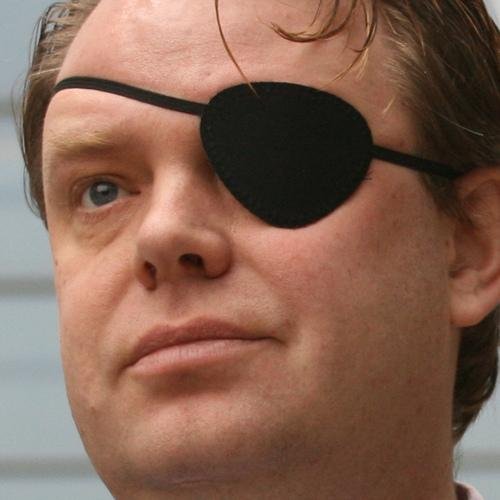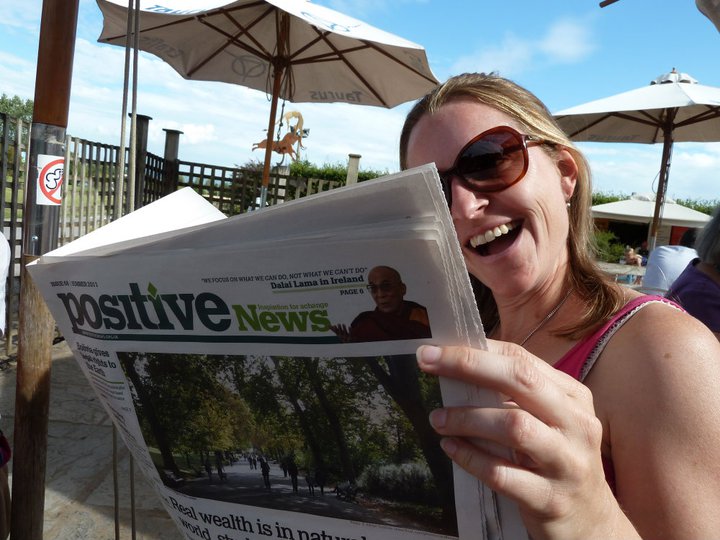The recent catastrophic Wi-Fi vulnerability was in plain sight for 13 years behind a corporate paywall
Global: The recent Wi-Fi “KRACK” vulnerability, which allowed anyone to get onto a secure network (and which was quickly patched by reputable vendors), had been in plain sight behind a corporate-level paywall for 13 years. This raises a number of relevant, interesting, and uncomfortable questions.

